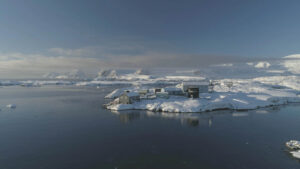
Canada’s Future Relies on Exploration Remote Site Services
Exploration remote site services play a foundational role in enabling Canada’s most strategically important industries to operate in some of
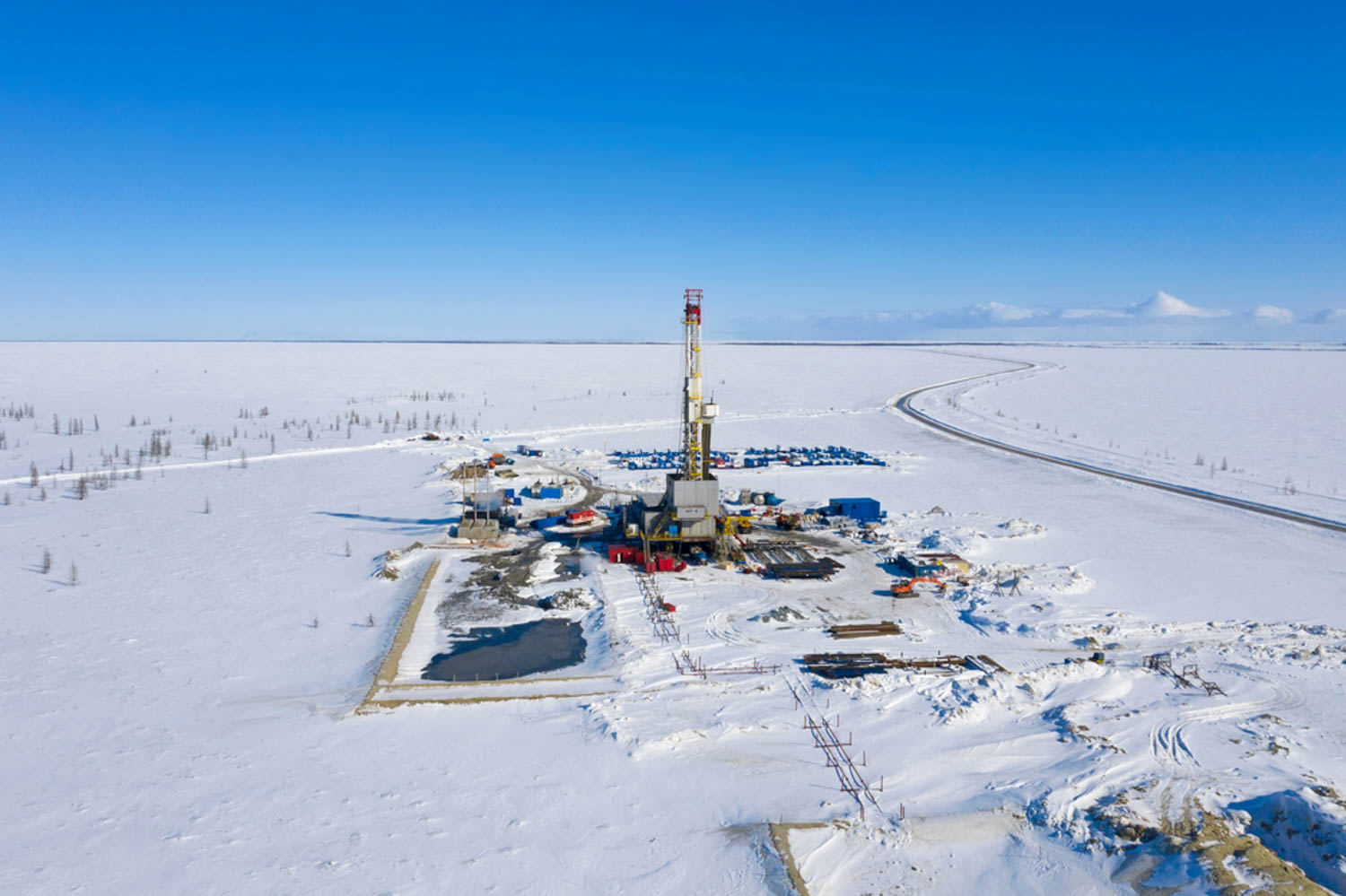 In Canada’s vast and often isolated regions, remote camp management plays a vital role in advancing sustainability across diverse work sites. From rugged mining terrain to dense forestry zones, effective coordination is essential to environmental stewardship, worker well-being, and operational efficiency. From the oil sands of Alberta to diamond mines in the Northwest Territories, industries that rely on isolated worksites are finding new ways to collaborate, innovate, and share resources to build more resilient and sustainable operations in some of the country’s most challenging environments.
In Canada’s vast and often isolated regions, remote camp management plays a vital role in advancing sustainability across diverse work sites. From rugged mining terrain to dense forestry zones, effective coordination is essential to environmental stewardship, worker well-being, and operational efficiency. From the oil sands of Alberta to diamond mines in the Northwest Territories, industries that rely on isolated worksites are finding new ways to collaborate, innovate, and share resources to build more resilient and sustainable operations in some of the country’s most challenging environments.
Canada’s resource-driven sectors—oil, mining, construction, forestry, and scientific research—operate in some of the most ecologically sensitive and logistically complex regions. While each sector has distinct goals, they share common needs:
Rather than maintaining separate operations, companies are beginning to coordinate efforts to minimize land disturbance and maximize resource efficiency. For instance, construction remote site services often overlap with mining and energy operations, especially when building access roads, temporary housing, or utility systems. This shift toward shared infrastructure not only reduces costs but also fosters innovation and environmental responsibility.
Joint infrastructure projects are becoming more common, particularly in regions where multiple industries operate in proximity. A single camp may serve both research remote camp services and forestry teams, reducing the need for multiple facilities and lowering the environmental footprint.
Key areas of collaboration include:
These shared systems require robust planning and governance, with clear protocols to ensure seamless operation across diverse teams.
Forestry and exploration camps are often temporary, but their impact can be long-lasting. Sustainable practices are now central to forestry remote facility management, including:
These innovations are being adopted by exploration remote facility services, where mobility and minimal environmental disruption are key. The integration of energy remote facility management has enabled better tracking of fuel consumption and emissions, allowing teams to adjust usage patterns and reduce waste.
By sharing sustainability strategies across sectors, remote camps are becoming more environmentally responsible and better aligned with Canada’s climate goals.
Maintaining high standards in hard-to-access regions is a complex challenge that benefits from cross-sector collaboration. Teams responsible for construction remote facility maintenance ensure that buildings remain structurally sound despite harsh weather and heavy use.
Health and safety protocols are critical. Unified remote site health and safety standards across industries ensure:
Whether it’s a medical emergency in a diamond mine camp management site or a wildlife encounter at a research station, shared procedures save lives.
Equally important is remote camp housekeeping, which includes:
These services are essential for maintaining morale and preventing illness in isolated communities.
Setting up a new camp requires strategic coordination. Remote site camp mobilization involves transporting materials, assembling structures, and establishing utilities—all while minimizing disruption to the surrounding environment.
Once operational, camps rely on efficient remote facility administration to manage:
Digital platforms now allow for real-time tracking of supplies, work schedules, and environmental metrics. These tools make it easier to coordinate across multiple stakeholders and ensure accountability.
In Canada’s oil-rich regions, oil and gas facilities management teams are working alongside mining companies to develop shared infrastructure such as:
These partnerships reduce costs and environmental impact while fostering innovation. For example, oil remote facility services have contributed to the development of advanced spill containment systems and emergency response protocols now being adopted by other industries.
Meanwhile, remote facility maintenance crews ensure that equipment remains operational and safe, even in extreme conditions. These teams are often cross-trained to support both oil and mining operations, increasing flexibility and resilience.
These collaborative efforts aren’t just theoretical—they’re already reshaping off-grid operations across Canada:
What’s happening in British Columbia, Yukon, and Alberta is just the beginning. Imagine the possibilities if these innovations were part of a unified, national facility management strategy.
The future of remote facility management lies in integration. Rather than treating each camp as an isolated entity, industries are moving toward unified systems that allow for:
This includes everything from remote facility camp management to collaborative planning with Indigenous communities and local governments. These partnerships improve transparency, build trust, and support long-term sustainability.
By adopting a holistic approach, companies can better align with environmental regulators and community stakeholders, ensuring that offsite operations contribute positively to regional development.
Resource-based industries in Canada are discovering that collaboration is not just beneficial—it’s essential. Whether supporting remote facility administration in the Arctic or coordinating remote site health and safety in the boreal forest, joint initiatives are transforming how industries operate in isolation. Through shared infrastructure, integrated services, and a commitment to sustainability, these sectors are redefining what it means to work remotely.
Ultimately, the success of these efforts hinges on effective remote camp management, which serves as the backbone of collaboration and sustainability across Canada’s remote work camps.
Partner with experts driving change in Canada’s most challenging environments. Book a consultation with the Domco Group today and explore how we can support your operations with sustainable, integrated management.
Domco Group of Canada Limited is one of the most trusted and well respected remote sites service providers in Canada. Fully Canadian and independently owned, Domco has been in operation since 1945. We offer integrated remote site solutions, including a nutritious and well planned menu cycle, long-term relationship building, and deep Canadian roots in remote locations with Aboriginal communities.
Let us take you through some key advantages that set us apart.

Exploration remote site services play a foundational role in enabling Canada’s most strategically important industries to operate in some of
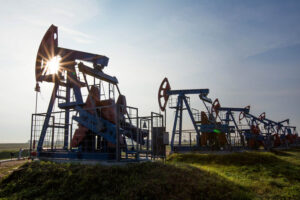
Selecting the right oil and gas facility maintenance provider is a pivotal decision for companies operating in Canada’s remote regions—from
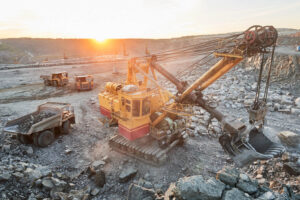
In Canada, mine camp management plays a key role in supporting workers at remote mining sites. These sites provide housing,
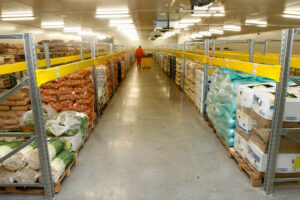
Remote food catering plays an important role in supporting workers across Canada’s most isolated job sites. Whether in the far
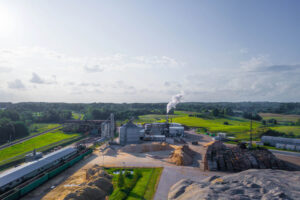
Remote camp maintenance jobs in Canada support the full lifecycle of temporary worksites—from setup (mobilization) to daily operations (maintenance) and

Remote catering companies play a vital role in supporting Canada’s vast and varied industries, especially those operating in isolated or
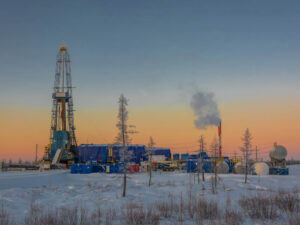
Oil and gas facilities management is a complex and critical discipline that ensures energy operations in Canada’s most remote locations
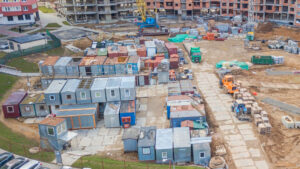
In the rugged, often isolated world of remote construction camps, construction facility management is the invisible force that sustains daily

Remote maintenance is the backbone of operational continuity in Canadian work camps, especially those located in isolated regions supporting industries
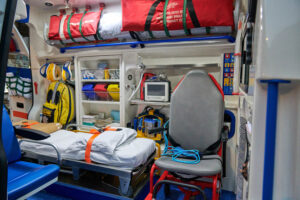
Remote camp health and safety is a vital concern in the management of Canadian remote workforce camps, especially in resource-driven

Keeping crews energized and satisfied starts with smart camp food menu ideas—especially in remote environments where morale and nutrition go

Gas remote camp mobilization is a critical operational phase in Canada’s oil and gas industry, particularly in remote and northern

When it comes to remote site security in Canadian work camps, ensuring safety and protection is paramount. These facilities, often

In Canada’s vast and resource-rich landscapes, remote site maintenance plays a pivotal role in sustaining the operations of work camps

In Canada’s vast and often isolated regions, remote camp management plays a vital role in advancing sustainability across diverse work
